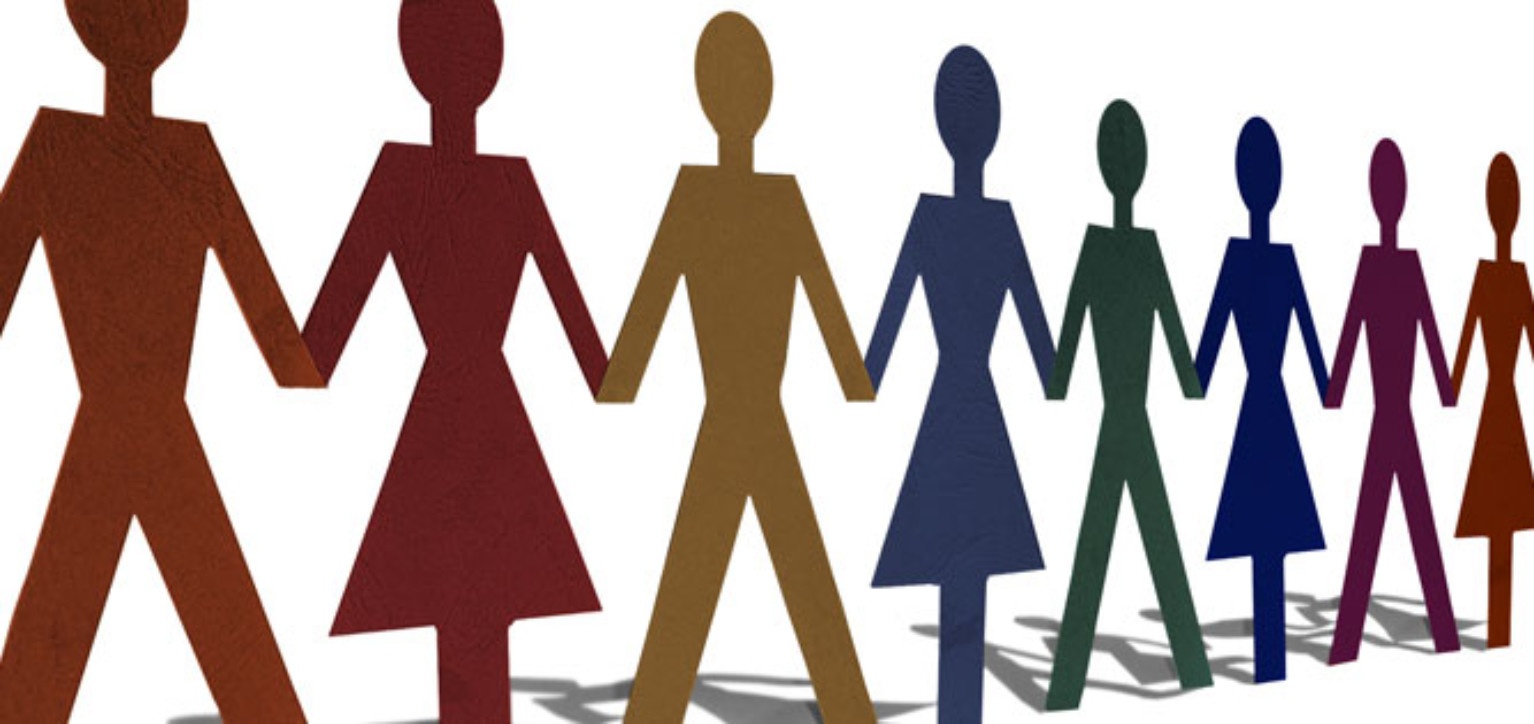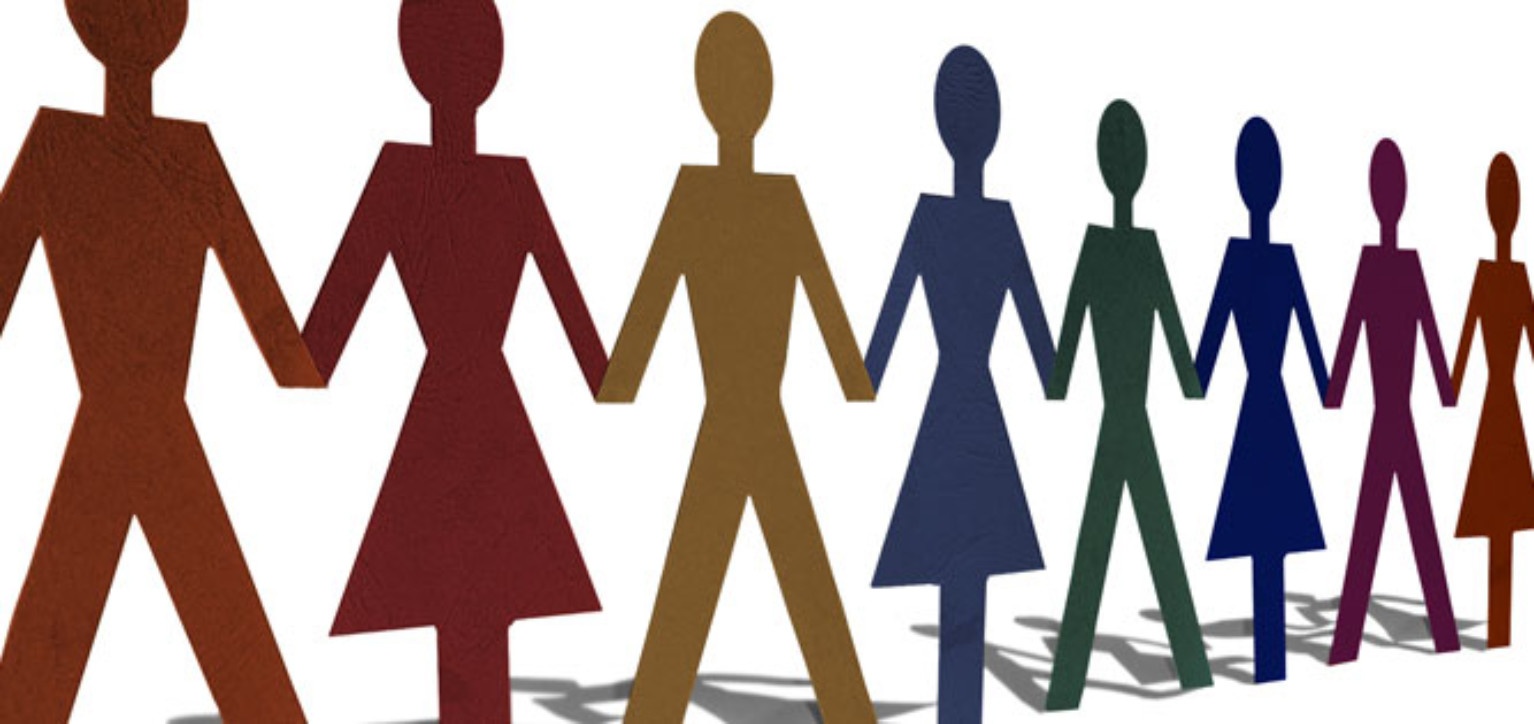 Major health care giants like Dana-Farber Cancer Institute and Massachusetts General Hospital have pledged to improve diversity recruitment of health workers. Reports showed a lack of diversity in hospitals and care discrepancies among patients. The hospitals plan to increase resources, hire executives focused on improving diversity and inclusion in their organizations, and more.
Major health care giants like Dana-Farber Cancer Institute and Massachusetts General Hospital have pledged to improve diversity recruitment of health workers. Reports showed a lack of diversity in hospitals and care discrepancies among patients. The hospitals plan to increase resources, hire executives focused on improving diversity and inclusion in their organizations, and more.
The lack of diversity in the healthcare workforce can impact patient care. Minority patients are more likely to seek out and follow advice from health professionals who look, sound, eat, worship and share the same cultural customs and values like they do.
The U.S. population overall is changing and quite rapidly. In 2010, the number of residents age 5 and older speaking a language other than English at home had climbed 158% to 59.5 million from 23.1 million in 1980, according to the U.S. Census Bureau. By 2044, more than half the nation is expected to be made up of minority races or groups, according to a 2015 Census Bureau report.
Yet, statistics show healthcare isn't keeping pace with population changes. Minorities made up just 14% of hospital boards and only 11% of executive leadership positions in 2015, according to a survey from the American Hospital Association's Institute for Diversity in Health Management. This disparity exists even though minorities represent roughly 30% to 35% of patients in hospitals.
Dana-Farber Cancer Institute officials told Becker's Hospital Review they plan to hire a leader for diversity programs, and will require all faculty and administration to complete a bias awareness workshop, among other initiatives, as part of the institution's 2018 strategic plan.
Dianne Austin, workforce diversity program manager at Massachusetts General Hospital, told Healthcare Dive, "Mass General has an orientation where new employees attend a program on diversity and inclusion and learn about various resources available to employees, such as a citizenship program, careers days and school admissions officers. There are also multiple staff committees focused on improving diversity and inclusion."
Akron Children's Hospital supports a program that aims to improve Nursing diversity. The program's plan is to increase the number of interns in the program and provide tuition support during their senior year of college. The hope is that program participants will return to Akron Children's after graduation to begin their Nursing career.
"Nursing diversity is vital to ensuring a positive experience for our patients," said William Considine, CEO of Akron Children's Hospital. "Not only does this program provide a valuable educational experience, it also helps Akron Children's recruit more prepared Nurses and helps our workforce reflect the diversity of the patients, families and communities we serve."
UC Health intends to contribute $1.5 million to create University of Cincinnati scholarships designed to diversify the medical profession. The hospital system hopes the scholarships will help all local health systems diversify their workforce when hiring doctors, Nurses, pharmacists and medical technicians.
“We know through recent research that underrepresented adults in Cincinnati believe their race negatively impacts their treatment from medical professionals,” said Dr. Rick Lofgren, CEO of UC Health. “This investment is a step to improve health care for all of our patients and to foster a health care workforce that reflects the diversity of our population.”
Diversity & Inclusion initiatives can be difficult to sustain, but commitment to increasing D&I at all levels of your organization will bring new perspectives and values to your hospital/health system, which can help decrease health disparities across the board. Bravo to the healthcare leaders that are seriously acting on their D&I initiatives! Do you see progress in this area where you work or teach?







